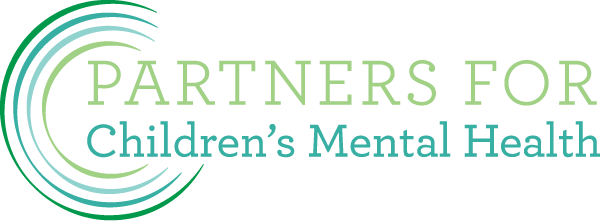When talking about suicide, language matters
September is Suicide Prevention Month – a time when we often see a spike in public conversation about suicide.
As awareness building and education efforts on the topic have continued over the years, more and more people have become comfortable talking about mental health and suicide. Despite this positive trend, stigma still remains and many are hesitant to join the discussion because they don’t want to say the wrong thing.
It’s critical that we talk about suicide. The conversation could even save a life. In fact, we know that if a parent openly talks with their teen about suicide, it can actually reduce their likelihood of engaging in suicidal behavior.
To help promote important conversations, we wanted to provide a quick guide on what to say and what not to say when talking about suicide.
| What NOT to say | What to say instead | Why? |
| “They committed suicide.” | “They died by suicide.” | We typically use the word “commit” to describe a crime (like commit murder). |
| “Their death was a cry for help.” OR “They did this for attention.” | “They were in pain, and they took an action.” | We shouldn’t assume intent or dismiss suicidal behavior. |
| “It was a successful suicide attempt.” | “They died by suicide.” | Successful/unsuccessful indicates an achievement or something positive. |
| “It was an unsuccessful suicide attempt.” | “They attempted suicide.” | |
| “They are/were depressed.” | “They are/were diagnosed with depression.” | A person shouldn’t be identified solely by their mental illness. |
| “I’m dealing with suicidal patients.” | “I’m working with/alongside suicidal patients” | Working with/alongside suggests hope, while dealing with has a negative connotation. |
This should not be considered a comprehensive list, but a starting point to help you be intentional when talking about suicide.
Keep in mind that the most important thing is to start the conversation. Don’t let the fear of saying something wrong keep you from saying anything at all.
For more reading on starting the conversation about suicide, check out the following local resources:
- The S word | COACT Colorado
- Why you should talk to your kids about suicide | Children’s Hospital Colorado
- Teen suicide prevention: Teaching kids to ask | Children’s Hospital Colorado
- How to talk to your teen about suicide | 9news
- Teens are more open about talking about mental health and suicide. But they say adults are slow to catch up | Denver Post
- Mental health and suicide prevention: How to talk to children and youth | Colorado Department of Public Health and Education
- LGBTQ youth crisis and suicide prevention | Colorado Crisis Services


